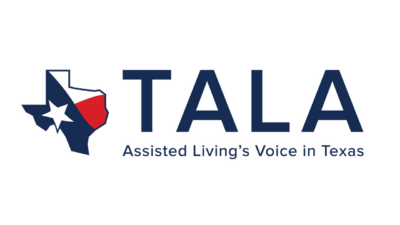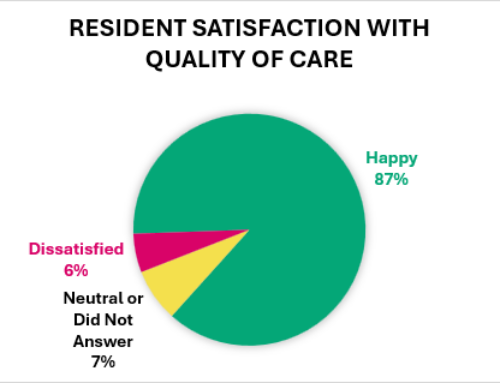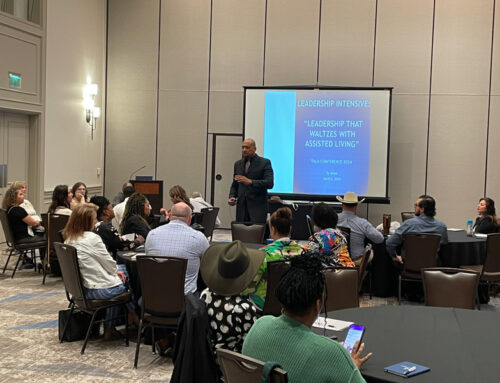In Q4 2022, KARE conducted a survey where 1,300 caregivers nationwide participated, along with select community managers. The survey investigated what motivates caregivers to quit.
Answers were rated on a scale of 1-10, with 10 being the top factor and 1 being least factor that contributed to wanting to leave an Employer.
Caregiver responses identified low pay at 8.09 as the top reason for wanting to leave an employer followed by disrespect from management at 7.38. Third reason was poor culture at 6.87. The survey asked community management to rate top reasons why they thought caregivers leave. Management agreed with Caregivers that the top reason is low pay, with a score of 7.51.
Management and Caregiver responses differed on the second most likely reason why caregivers leave. Management indicated lack of teamwork while Caregivers said disrespect from management. Management noted disrespect from management as the fourth likely reason for caregivers to leave.
The factor noted by Caregivers as least likely to influence a decision to leave was did not like job responsibilities, with a score of 3.70.
Whereas Management indicated the least likely reason to be that the job is too far from home.
This is good news for management because it indicates Caregivers understand the responsibilities of their role.
The survey next dove into what Caregivers considered forms of disrespect. The top answer was not listening to my ideas or needs at 28.6%, followed by improper staffing leading to burnout at 26.9% while next was micromanagement and treating me like I don’t know how to do my job at 19.6%.
Digging deeper, the survey asked Caregivers to identify their main source of disrespect. Answers noted mostly the Administration/Executive Director at 27.5% followed by Upper Management/Corporate at 19.8%, and third Staffing/Scheduling Coordinator at 16.8%.
The second half of the survey conducted by KARE focused on benefits that matter to Caregivers. This part started by identifying the demographics of Caregivers with general questions such as marital status and dependents. Caregivers identified as 49.4% single, never married, 27.3% married, 23.4% singled, divorced or widowed. 66% indicated they had no dependents. Of those that indicated they had dependents, 65.8% have at least one child under 26 years old.
Furthermore, the survey asked if they have them, what the three most important benefits are.
Caregivers identified Major Medical at 72.6%, Dental at 57.2%, and 401K with employer matching 53.1%. However, when asked, if I chose not to participate in my employer’s insurance program, I choose not to because… 39% of caregivers noted that they cannot afford benefits.
The survey asked Caregivers to respond true or false, I would be willing to make about $1.50 LESS per hour if meant employer would cover 100% of my health insurance premium. 64% of Caregivers said true while 23.7% noted false and 13.3% said I don’t know.
The survey further asked Caregivers to identify their favorite non-traditional benefits. Caregivers voted paid tuition in clinical field as their top choice at 53.6% followed by paid tuition for any degree at 36.1%. On the contrary managers selected subsidized childcare at 53.9% compared to caregivers only selecting this option at 16.9%.
Based on the survey results there is an opportunity for management and leaders to pulse survey their own team members to understand the various aspects of employment and different benefits that matter in hopes of attracting and retaining team members.
_______
Credit to KARE (www.doyouKARE.com) and thank you to Charles Turner, TALA Sustaining Partner and TALA Workforce Development Committee Member for sharing these results.





